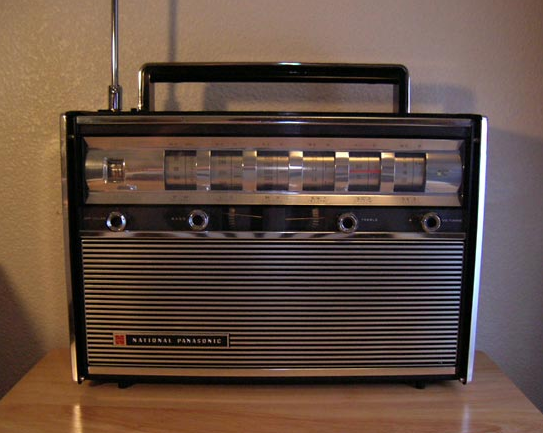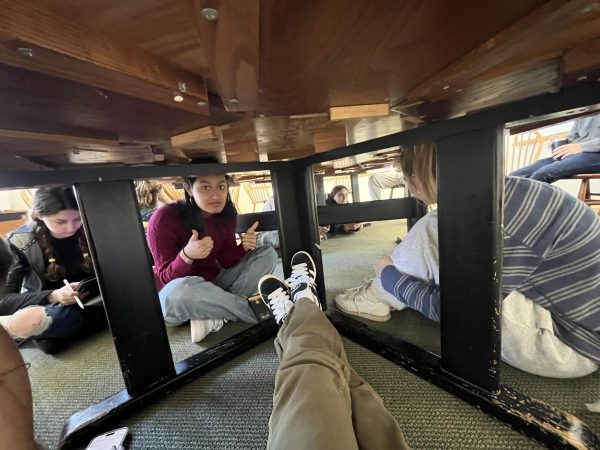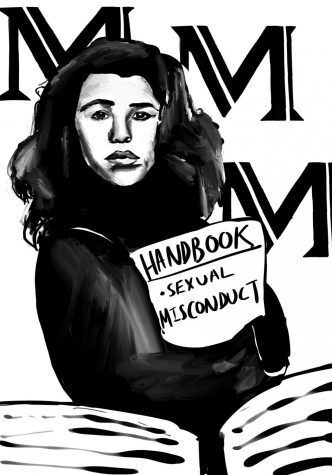Amatuer “detectives”
March 7, 2017
Perhaps the internet’s most potent feature is its ability to gather and concentrate collective information and efforts. From the good (like charity donations and online activism) to the bad (like witch hunts and hacking), online “research” occupies a sort of gray area that bleeds over into the seedy underbelly of the internet. There’s the mostly benign stuff, like digging through legally obtained documents to “follow the money” or scrutinize businesses, and then there are situations like the infamous Reddit Boston Bombing campaign. On the popular social aggregator, a user started a section of the site aptly named “findbostonbombers”. The end result? A bystander fingered for the attack, Sunil Tripathi, had gone missing a month before, whilst the Tripathi family received numerous death threats.
There’s also a more benign side to amatuer sleuthing. “Numbers Stations” are shortwave radio stations that broadcast random lists of numbers, letters, and occasionally nonsensical audio. (These are real, by the way. You can find frequencies online). The Conet Project was a DVD set released in 1997 that seemed to really kick off the craze; a select few try “decoding” these stations (with little success). Apparently, the broadcasts are for one way espionage, if the BBC is to be believed.
Finally, there are the likely hoaxes that nonetheless get people riled up. In this day and age, all it takes is some clever writing or some well edited footage to enthrall millions. Sites like YouTube seem especially susceptible to this sort of thing– a spate of stories featuring “lost episodes” of various TV shows engaged casual users with tales of macabre and violent images supposedly edited out, destroyed, or buried in some film archive. Despite zero evidence, all it takes is some popularity, some good writing and an inexplicable story to make people go mad; and if tabloid newspapers have shown us anything, it’s that people have always been susceptible to these sorts of stories.






















